Description
A Clearing Space in the Middle of Being
by Jeff Hardin
978-1-948692-18-2 paper 16.95
978-1-948692-19-9 ebook 9.99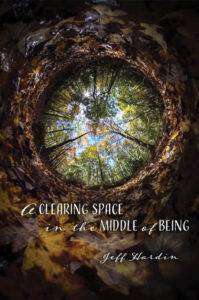 6×9, 72 pp.
6×9, 72 pp.
Poetry
August 2019
If the taste of the eternal “is increasingly absent in our words,” then Jeff Hardin’s sixth collection, A Clearing Space in the Middle of Being, attempts to behold language anew, to listen in on its “preview of eternity.” Aware of ambiguities that plague our lives and given to swerves of logic and dislocations, to echoes and reverberations “too numerous to see in some totality,” his poems nonetheless speak openly to existence, to the mind’s “attempts/to console itself,” and to the “intoxication of incoherence” existence so often feels like. Here in a postmodern world, is it still possible to step boldly into certainty, into clarity, to find a sacred and shared space where “all moments blaze up with a speaking/voice”? Hardin listens intently, discovering more and more how “wanderingly vast” enchantment still might be. In the presence of so many options for understanding, he chooses to believe “a new/parable unfolding, still instructive,” pointing him toward a fellowship with others who likewise “lean toward thinking some healing is already/underway.”
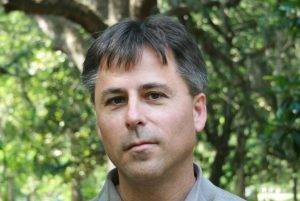 Jeff Hardin is the author of five previous collections of poetry, most recently Small Revolutionand No Other Kind of World. His work has been honored with the Nicholas Roerich Prize, the Donald Justice Poetry Prize, and the X. J. Kennedy Poetry Prize. His poems have appeared in The Southern Review, Hudson Review, North American Review, Gettysburg Review, Southern Poetry Review, and many others. He is a professor of English at Columbia State Community College in Tennessee. Visit his website at www.jeffhardin.weebly.com.
Jeff Hardin is the author of five previous collections of poetry, most recently Small Revolutionand No Other Kind of World. His work has been honored with the Nicholas Roerich Prize, the Donald Justice Poetry Prize, and the X. J. Kennedy Poetry Prize. His poems have appeared in The Southern Review, Hudson Review, North American Review, Gettysburg Review, Southern Poetry Review, and many others. He is a professor of English at Columbia State Community College in Tennessee. Visit his website at www.jeffhardin.weebly.com.
Cover image by John Sercel.
If this existence is, as Jeff Hardin says, “a strange but accidental / pleasure,” it is a pleasure deepened and enriched by language. And in A Clearing Space in the Middle of Being, Hardin plumbs the pleasures and contradictions of language, which offers “a taste of the eternal,” even as it reminds us how far we are from actually achieving that plateau. But Hardin is a poet who knows how much of the eternal swells in our bodies and our actions, since “the thing to remember is that you can always / start in one direction and end up somewhere else, / and there’ll still be someone to wave you in, / a fellowship of sorts.” Jeff Hardin’s poems embrace and extend the fellowship of language and make the eternal seem, for a moment, not as distant.
—Al Maginnes, author of The Next Place and Music from Small Towns
Jeff Hardin’s A Clearing Space in the Middle of Being invites us to sit with the self in the kind of comfortable uncertainty Keats called negative capability. These are not poems with expectations. Their business is not in telling us how to live, but rather showing by example how we may consider the community in which our lives meet. Stanza by interlocking stanza and page by page, these poems ask us to “agree we are taken right out of these / days as we know them, not knowing / we don’t know them fully, not all of them, / not for long, / certainly not for long enough.” Thank goodness books, like our minds, ask to be opened again and again so we may see and re-see these masterfully earnest lines as they live on the page and in our lives.
—Christian Anton Gerard, author of Holdfast
Hardin’s poems explore the fenced regions of the mind. As he ponders past and present, gates swing open their hinges creaking and awakening. The reader wanders beyond rails and into fields scrubby with the rasp of cicadas, creeks twisting brightly, and the silent sound of splitting thoughts pounding the air like the sound of splitting wood for an iron stove. Hardin is clearly a southern writer, not an Emerson or Thoreau leaning on pellucid declarative sentences, but a southerner who knows that knowing the world is impossible but the effort is always intriguing and exhilarating.
—Sam Pickering, author of The World Was My Garden, Too

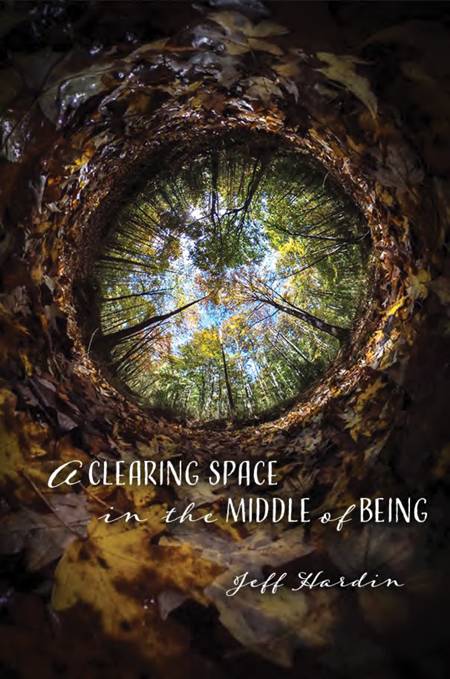
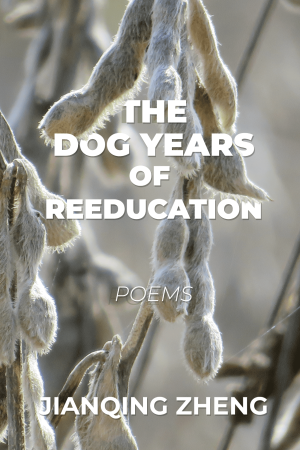
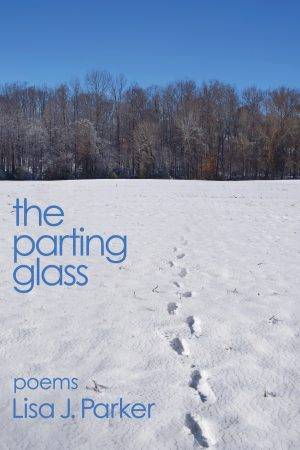
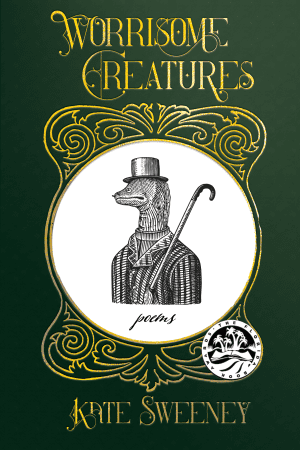
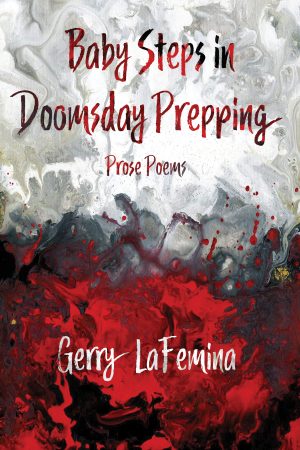
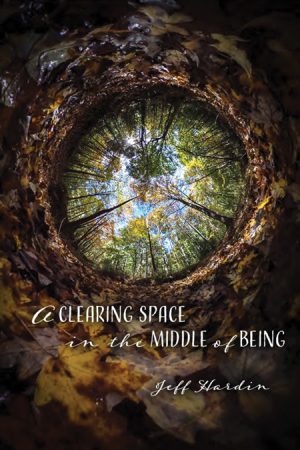
Kimberly Davis –
There aren’t many words that fit Jeff Hardin’s poetry better than “spiritual.” Jeff has a way of staring at everyday leaf litter and decoding the way it speaks to us of eternity. He sees beauty in the mundane, and with masterful wordplay, he reveals that beauty to the rest of us, the mere mortals who puzzle at why we’re here.